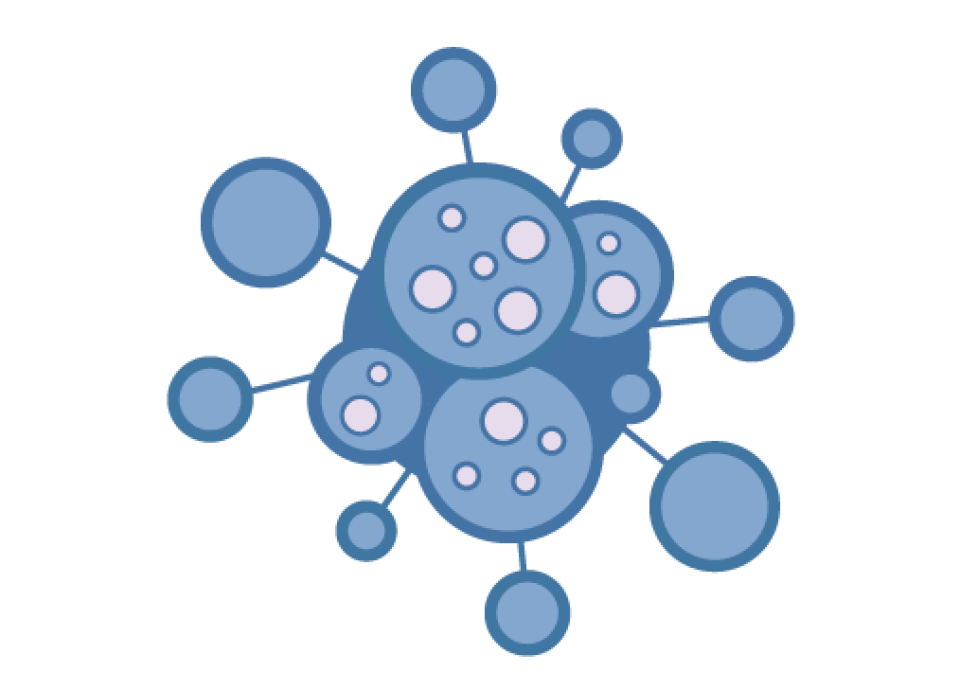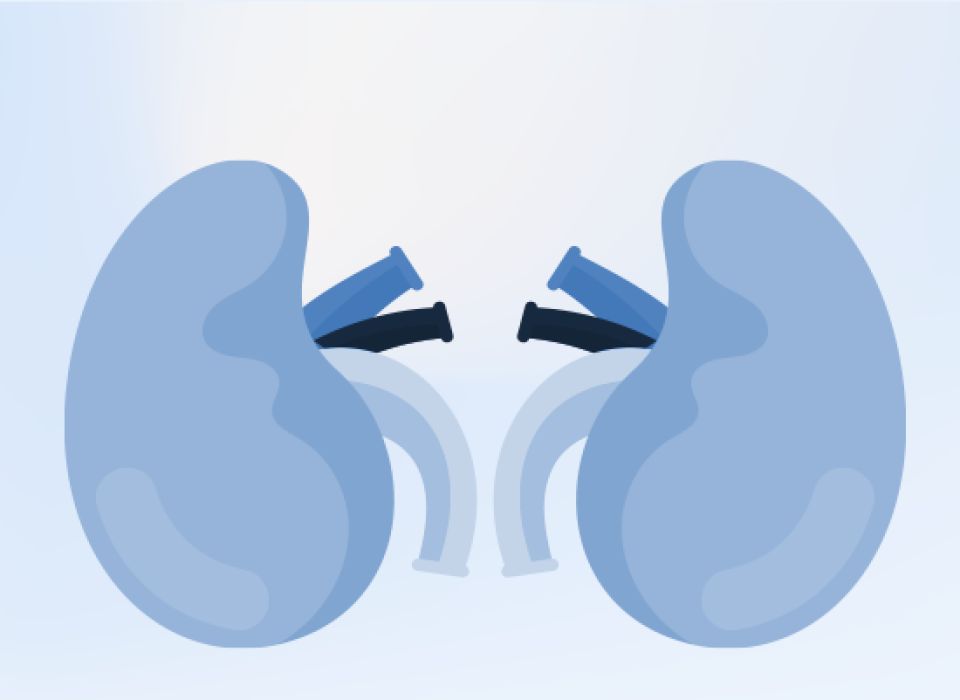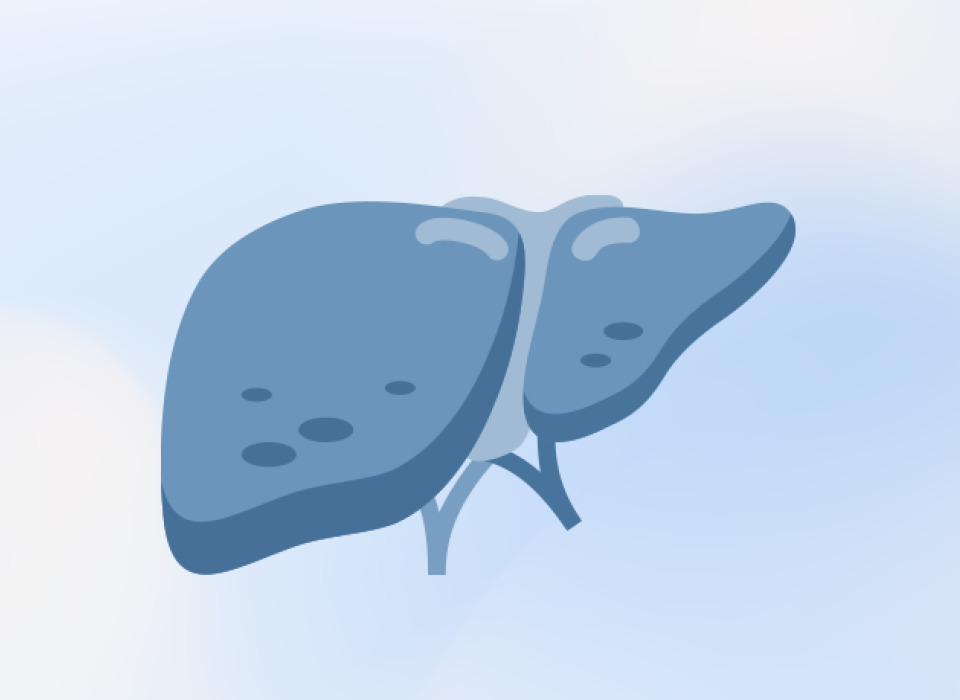Everyday Medicine

Cancer Care
Plasma protein therapies often play a supportive role in the treatment of cancer patients. Plasma-derived immunoglobulins (IG) can be used to address treatment-related immunosuppression and reduce the risk of infections in patients undergoing chemotherapy or radiation. Additionally, plasma-derived clotting factors can help cancer patients who experience clotting disorders or increased risk of bleeding due to their cancer or related treatment.
In addition, albumin is also used as a carrying agent for some cancer medications, due to it being preferentially internalized by tumor cells. This can prolong the half-life of otherwise rapidly cleared drugs and promote their accumulation within tumors.

Rh Incompatibility
During pregnancy, a mismatch in the type of rhesus (Rh) factor (a protein found on the surface of red blood cells), between a mother and fetus can lead to hemolytic disease of the newborn (HDN). Rh incompatibility occurs when a Rh-negative mother is carrying a Rh-positive fetus. In that case, the mother’s immune system sees the red blood cells of the fetus as foreign and develops antibodies which attack them.
This can cause severe anemia in the fetus or newborn, as well as jaundice as the broken-down red blood cells produce bilirubin. The level of bilirubin in the infant's blood may range from mild to dangerously high. Plasma-derived Rh immunoglobulins (RhIg) administered during pregnancy can neutralize the fetus’s Rh-positive red blood cells, preventing maternal sensitization and HDN.

Burn Patients
Severe burns can lead to life-threatening complications, including fluid loss and infection. Plasma protein therapies, such as albumin, can help replenish lost fluids in burn patients. Additionally, fibrin sealants derived from plasma can help in wound healing and reduce the risk of infections.

Shock and Trauma
In cases of shock and trauma, the rapid loss of blood can result in acute clotting disorders. Plasma-derived clotting factors like Factor IX may control bleeding and restore normal clotting function. Administering these factors to trauma patients can be effective in preventing excessive blood loss.

Tetanus
The presence of antibodies and immunoglobulins in plasma equips it to neutralize harmful substances and infectious agents. In cases where individuals are bitten by animals or sustain deep cuts, there is a risk of tetanus infection, which can be life-threatening. Anti-tetanus immunoglobulin (IG) provides antibodies that protect against this infection.

Organ Transplantation
Transplant recipients are at high risk of graft rejection, which occurs when the recipient's immune system attacks and begins destroying the transplanted tissue or organ. To prevent this, recipients are often given immunosuppressive medications, leaving them vulnerable to opportunistic infection. Plasma-derived immunoglobulins can bolster the immune system and minimize the risk of infections, making them an important adjunct in post-transplant care.

Pediatric HIV
Children infected with HIV often experience immune system deficiencies that predispose them to infections. Plasma-derived immunoglobulins help provide passive immunity and boost these patients’ ability to fight infections.

Liver Conditions
Plasma protein therapies such as albumin and prothrombin complex concentrates can be beneficial in managing complications associated with liver conditions. Albumin infusions help maintain fluid balance, stabilize blood pressure, and reduce the risk of abnormal swelling and fluid buildup in patients with cirrhosis.
Some liver disease patients experience an impairment in their own body’s ability to produce clotting factors and can require fresh frozen plasma or plasma derived clotting factors to manage and prevent bleeding.

Hepatitis B
A plasma protein therapy with hepatitis B antibodies, called Anti-HBV IG, can help protect people from hepatitis B virus (HBV). Anti-HBV is used as a postexposure preventative measure in individuals who are at risk of acquiring HBV, including healthcare workers and first responders treating a patient with HBV, as well as babies born to mothers with the virus.

